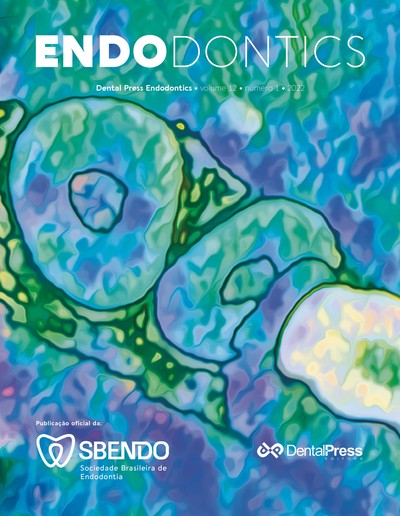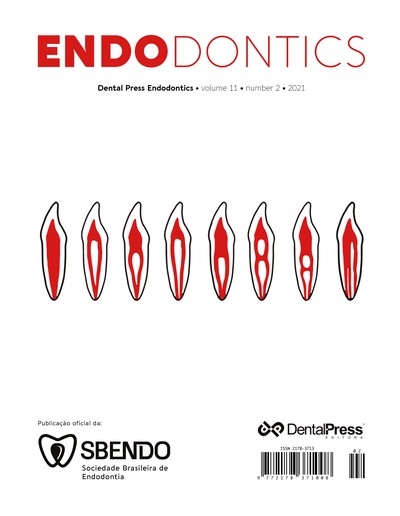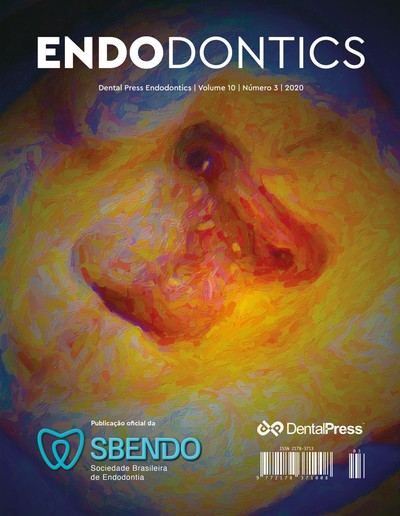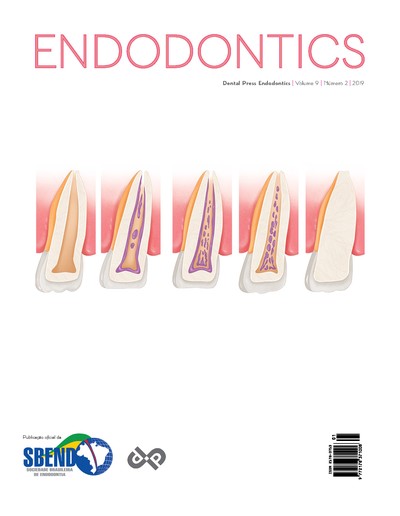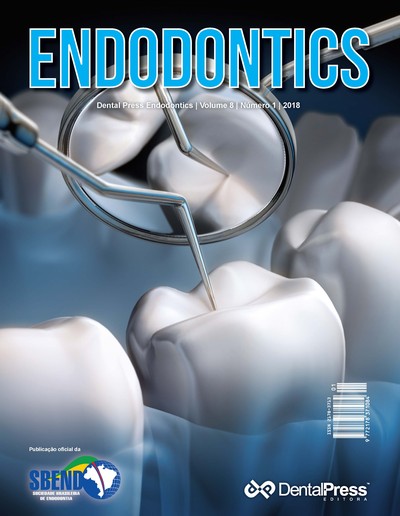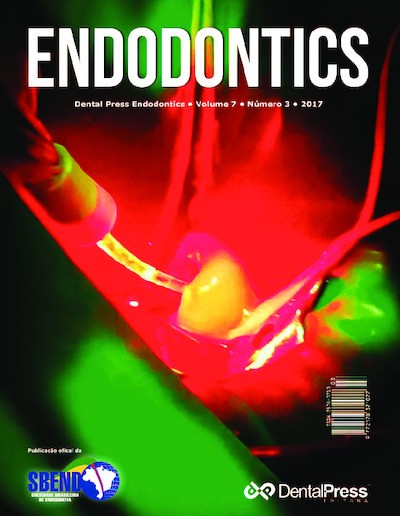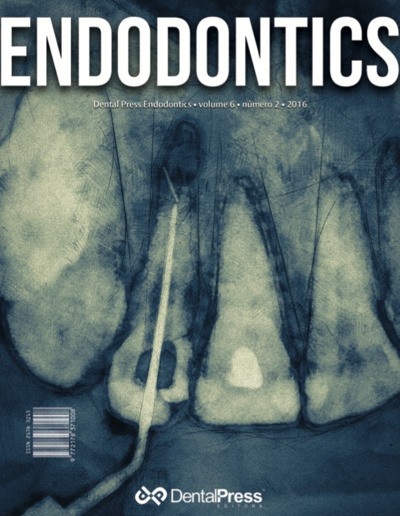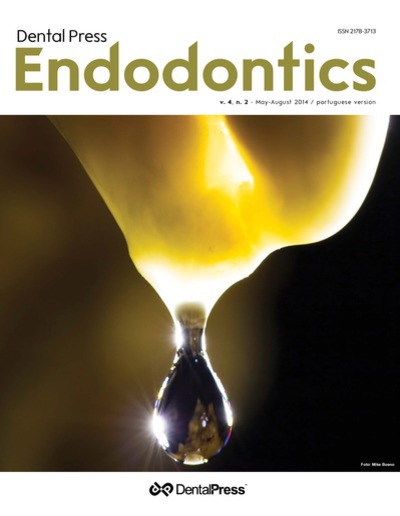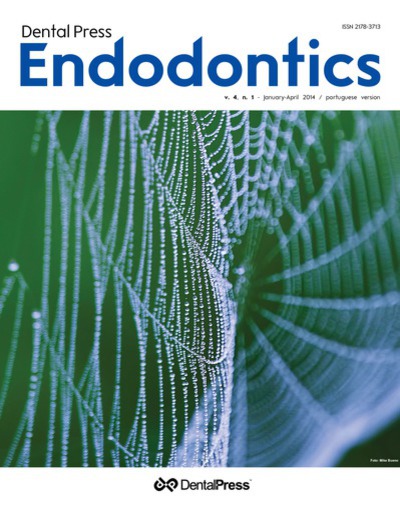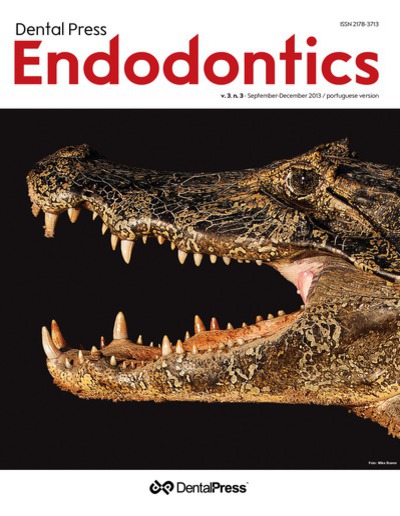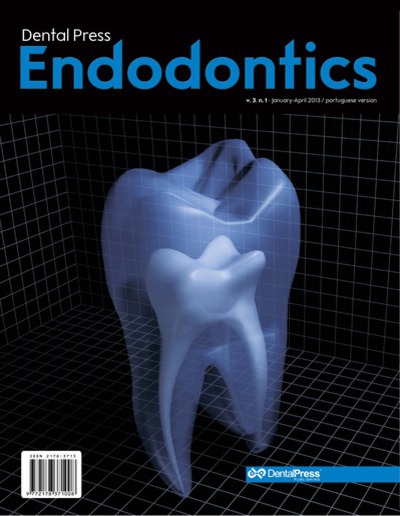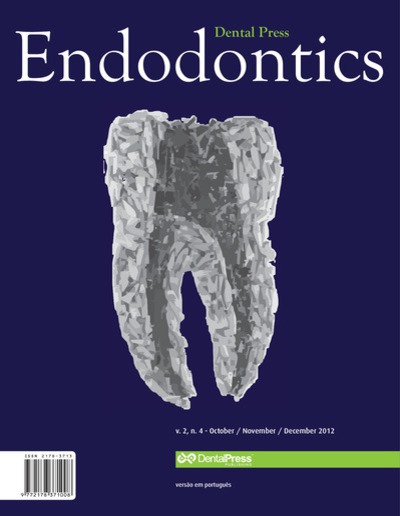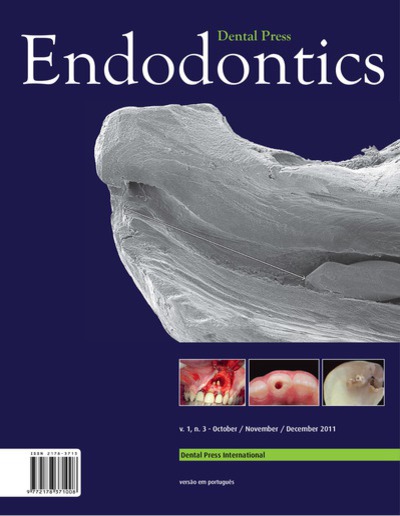
Intentional replantation: What kind of approach is this that can save teeth? Two long term case reports
Simony H. Hamoy KATAOKA e Eudes GONDIM JR
Introduction: The maintenance of natural dentition is preferable in most of cases. However, nowadays it is possible to use dental implants in cases where prognosis is very limited. Endodontics and all of its therapeutic modalities play an important role, which has, in principle, to prevent or eliminate apical periodontitis providing better conditions for wound healing of periapical and bone tissues. In the past few years, with technological advances, root canal treatment became more predictable and this can be seen reflected in the increase of success rates of primary treatment as well as non-surgical retreatment. Nevertheless, some cases can failure but, it is not the end for the tooth, once some therapeutic approaches are possible, like apical microsurgery or intentional replantation. Method: Intentional replantation is an approach in which some surgical steps are done, since the dental extraction until its repositioning back to the socket. In this article two bordering cases were described. Results: 2 and 11 years follow-up confirm the favorable results of this technique. Both cases with no apical lesion, bone healing and dental elements developing their natural functions. Conclusions: The high successful rates described in the literature give to this treatment approach an important face, and that should be more explored and disclosed in Brazil, specially between specialists and post-graduation students, once can avoid unnecessary dental implants.
Keywords: Endodontics, Bioceramics, Intentional replantation. Apical surgery.
How to cite: Kataoka SHH, Gondim Jr E. Intentional replantation: What kind of approach is this that can save teeth? Two long term case reports. Dental Press Endod. 2020 Sept-Dec;10(3):15-26.
Wednesday, February 05, 2025 05:48
